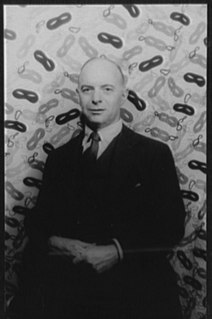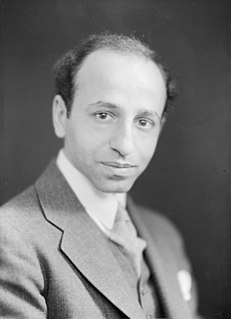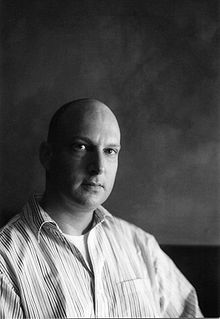A Quote by Louis Kronenberger
Nothing so soothes our vanity as a display of greater vanity in others; it make us vain, in fact, of our modesty.
Related Quotes
Human vanity is so constituted that it stiffens before difficulties. The more an object conceals itself from our eyes, the greater the effort we make to seize it, because it pricks our pride, it excites our curiosity and it appears interesting. In fighting for his God everyone, in fact, fights only for the interest of his own vanity, which, of all the passions produced bye the mal-organization of society, is the quickest to take offense, and the most capable of committing the greatest follies.
Pride... is a very common failing, I believe. By all that I have ever read, I am convinced that it is very common indeed; that human nature is particularly prone to it, and that there are very few of us who do not cherish a feeling of self-complacency on the score of some quality or the other, real or imaginary. Vanity and pride are different things, though the words are often used synonymously. A person may be proud without being vain. Pride relates more to our opinion of ourselves, vanity to what we would have others think of us.



































